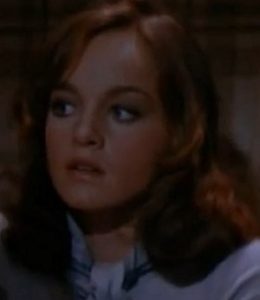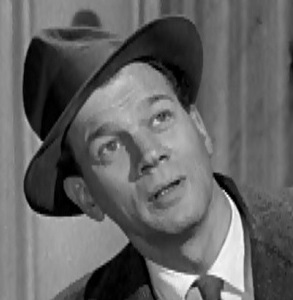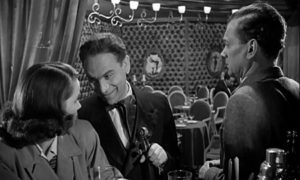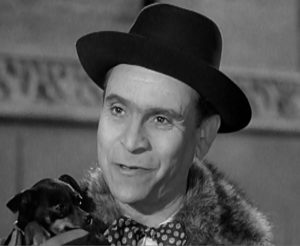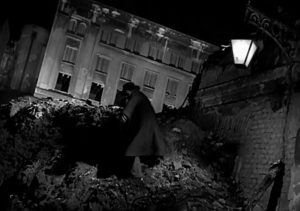Face It: We’d All Be Lousy Detectives
When I was a kid, I thought the word “amateur” meant talented. Nancy Drew was an “amateur detective,” and she outsmarted everyone around her, so what else could the word mean? Shows like Murder, She Wrote confirmed this impression: the everyday woman could outwit private detectives, criminals, the police. To be a hero like Nancy, I just needed observation skills. And a little knowledge picked up from mysteries. Then my latent brilliance would appear, dazzling all in my orbit.
I read every one of Carolyn Keene’s books until I had four Nancy Drews left, then picked one of the last up, tried to read it, and couldn’t. A few novels shy of my completion goal, I had finally realized that my favorite detective was, well, not terribly gifted. All the bad guys in the stories were mean, all the innocent characters nice. Of course Nancy could solve the mysteries. So could an eleven-year-old girl who didn’t know the meaning of amateur.
And yet these types of stories persist in Hollywood: the novice saves the day, while the jaded/stupid authorities look the wrong direction. It’s an alluring premise that allows us to imagine ourselves in the novice’s place, an undiscovered genius beating professionals. Yet reason would tell us that we newbies would be about as useless at being detectives as we are in our first days at any job—that what an amateur sleuth would likely do is exactly what those supposedly wrong-headed authorities predict: bungle everything up and possibly get him/herself and/or others killed. Perhaps that’s why The Third Man is so unexpected and so appealing: it features one of the worst amateur detectives ever to appear on film, Holly Martins (Joseph Cotten).
Martins travels to post-war Vienna because he’s been promised a job by his buddy, Harry Lime (Orson Welles). He’s soon told that Lime has been killed in a car accident, but the details sound fishy, and Martins, like the cowboys he writes about, decides to find the truth. Others have written about Martins’ role as an ugly American, and it’s true that his behavior toward those around him reveals an appalling sense of cultural superiority. But what strikes me most about Martins’ whole campaign for justice is just how dangerous a naïve sleuth can be. Martins knows nothing about the country he’s in, how desperate its citizens are just to survive. To them, Lime’s death is one of so very many, and if solving the mystery will endanger them, well, they’ll just get back to their black market schemes and leave the foolish interloper to his own devices, thank you very much.
I always begin the film by siding with Martins against the supposedly sinister locals. I am amused by the hero’s blunt ways in a terrain that’s murky in every sense of the word. The city shots, the architecture, the crazy camera angles, and the shifty looks of the neighbors all suggest that Martins should be suspicious, and far more frightened than he is.
But as this hero continues to march into the bee farm, slamming his bat against the hives, I begin to think, Uh, Martins? Maybe you should step a bit more gingerly, huh? And if you must blunder about, perhaps let everyone else get inside first? There’s a reason why this movie always makes best-of thrillers lists: Picture Nancy Drew in the midst of The Usual Suspects, frustrated not to find Keyser Söze wearing a Hello My Name Is sticker and casually asking everyone in sight to identify him. Forget Lime’s possible murderers: the people of Vienna need to watch out with Martins on the loose.
I can’t describe much more without revealing some of the mystery—and it’s too good for me to do that. So just watch The Third Man. It’s menacing mood, its striking soundtrack, its lack of moral foundations all would make it fascinating even if it didn’t revolve around an intriguing mystery. And the next time you imagine yourself solving crimes, you’ll remember Holly Martins. And you’ll know just why such dreams are best left to eleven-year-olds.

